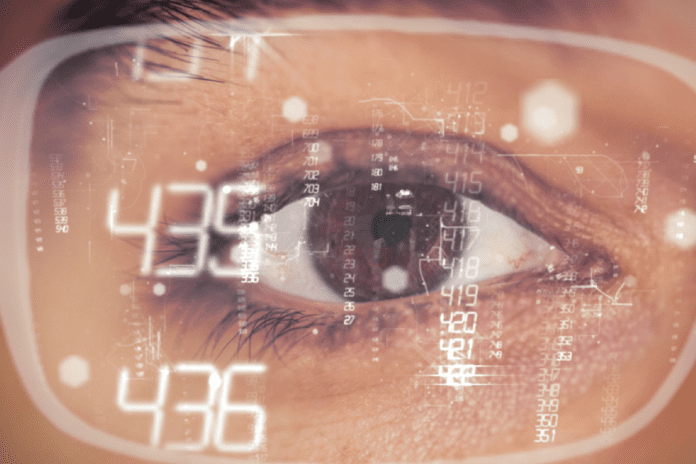By: Nick Gambino
Tech companies have been trying to figure out how to make a good pair of AR glasses for a long time. It’s harder than you think. You have to make them unintrusive, light, immersive and, above all else, functional. A lot of this seems almost counterintuitive and that’s the problem.
Google has been hard at work trying to solve this for some years now. In fact, they’ve probably been at it the longest and even released their unpopular Google Glass to the public way back in 2014. Those didn’t last a year before they were discontinued.
Now Google has given us our first look at the newest iteration of AR glasses. During a talk at the TED2025 conference, the Vice President of Android XR at Google, Shahram Izadi, showed off a prototype of the still-in-development glasses.
The specs are integrated with Google’s very own Gemini AI assistant. And this is perhaps what has allowed the company to supposedly crack the back of AR glasses. The proliferation of AI bots and models over the last year has allowed certain areas of tech to advance by leaps and bounds.
Combine AI with the power of your phone just like a pair of bluetooth headphones or a smartwatch and you’re in business.
“These glasses work with your phone, streaming back and forth, allowing the glasses to be very lightweight and access all of your phone apps,” Izadi said during his presentation at TED. He was actually wearing the prototype glasses during his speech and said his notes were being shown to him in the miniature display as he spoke.
Not surprisingly the glasses have more than just a display. They also feature a microphone, speakers and a camera. I’m sure there are some sort of sensors as well.
In addition to glasses, Izadi also gave an advanced look at an upcoming mixed reality headset that will rival Apple’s Vision Pro.
It might be quite a while before we see a new pair of AR glasses from Google as these are still very much prototypes. But something tells me if they can crack it to be a functioning, super useful device, we’ll see a mass adoption of smart glasses in the near future










